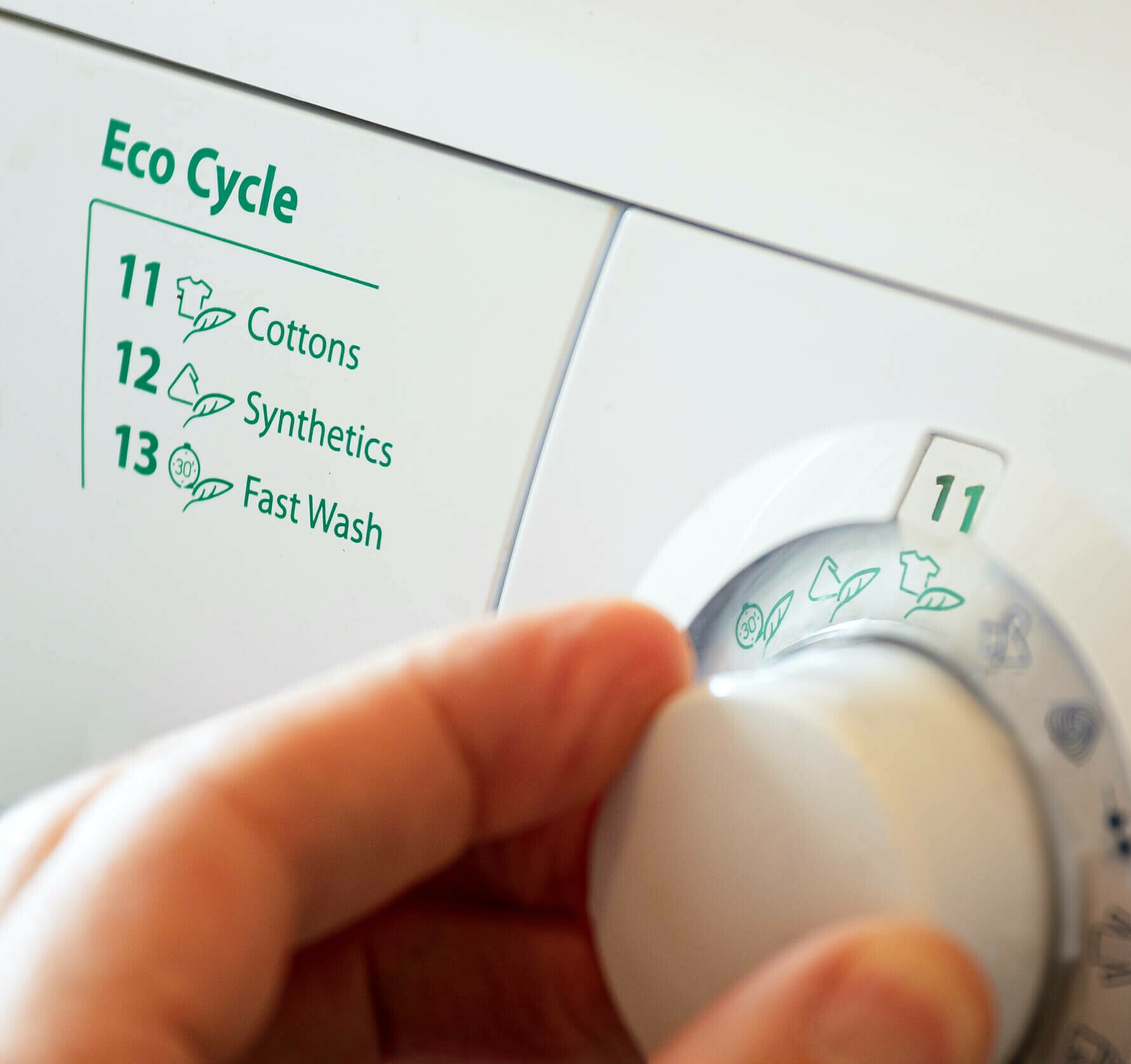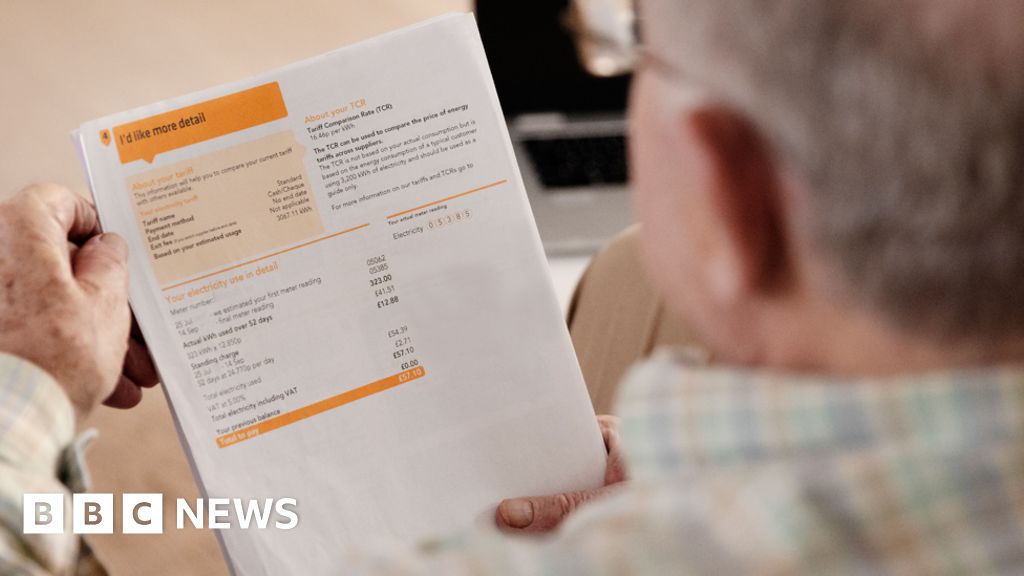What does eco mode actually do?
When it comes to washing machines and dishwashers – the appliances where you’re most likely to find an eco-setting – there are three factors at play: time, temperature and water. Every single setting on your appliance, whether it’s a ‘quick wash’ or a specialist ‘synthetics cycle’ will be some permutation of these three elements.
So, if you choose a cycle designed for heavily soiled clothes, your machine will run for longer at a higher temperature, and use more water. Choose an eco-setting, on the other hand, and the machine will use lower wash and rinse temperatures, so less energy is required for heating.
It might sound counterintuitive, but eco mode cycles are often longer than their regular counterparts. This is because the bulk of energy used by the machine comes from heating the water – the electricity needed to turn the drum or power the sprayers is comparatively much less. If the wash cycle is longer, the water doesn’t need to be heated up as much as shorter programmes.
There is no standard for appliance eco modes, however – every brand and appliance will have a different combination of time, temperature and water parameters to achieve those additional energy savings. As such, the eco mode button is designed to be the go-to for environmentally-conscious owners of that particular make and model.




